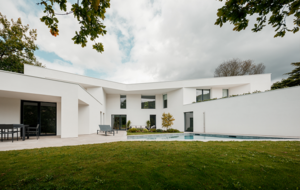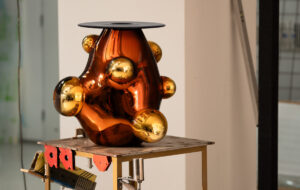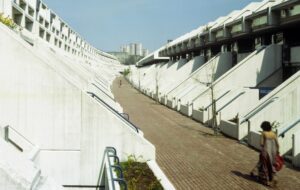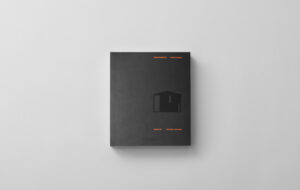|
|
||
|
Who, on earth, I wonder, is this book for? Scraps of quotes taken from publications are left to represent the unimaginably complex working of architecture. At times it smells of the cringing, faux, po-faced wisdom of Paulo Coelho or Ben Okri. At other times it reads like a marketing document for a vast unpleasant building about to be imposed on some uncertain city. Elsewhere it is pure Private Eye. Here’s Kazuyo Sejima: “Women love making big things too! And small things. With large buildings there are so many people who get involved – and so many people who use the buildings. On the other hand, I make small things too; I like designing objects, such as spoons and private residences.” Part of the problem, of course, is the English language. The quotes have been culled almost exclusively from publications and periodicals published in English, so the architects are in most cases confined to a foreign language. So here we have the 35 Pritzker winners from Philip Johnson to Sejima in bite-size snippets. Those, like Johnson, who actually spoke in extraordinarily quotable snippets have somehow been shorn of their wit and bite (though, of course, his “all architects are whores” schtick is retained). Those who speak in clips of unbelievable banality, like the increasingly over-fêted Sejima, the current darling of the scene, are quoted in squirming, excruciating full. Here’s Tadao Ando: “All I can do as an architect is consider the diversity of people on the planet and how architecture can help bring them together.” Here’s Richard Meier: “I wear a white shirt every day. Why? Because I like white. Does that mean everyone should wear a white shirt? No. People have to do what they want to do.” Here’s IM Pei: “I have a great love of nature.” You see what I mean? The only figures who come out better are those who are either dead (Aldo Rossi) and whose words need to be extracted from their own texts and publications rather than generalising interviews, or those who speak in genuinely – rather than soundbitingly – poetic terms (Álvaro Siza). There was the potential for an interesting book here. The Pritzker has been an intriguing panorama of taste since its inauguration in 1979, at the exact point at which modernism ran out of steam and needed to be invigorated by something starrier. Always utterly predictable (with the one brilliant exception of Paolo Mendes da Rocha in 2006) it is the purest manifestation of the cult of the starchitect. In fact it is broadly contemporaneous with the idea, complicit in its failings (and successes) – albeit through dubious celebrity rather than the work. Alternatively it could have just been an innocuous coffee-table book. Instead it actually highlights the vacuity, cliche and relentless neophilism of much of the architecture it celebrates. There has recently been an unsettling trend towards the multiple arts interview. Hans Ulrich Obrist is responsible, but shouldn’t be entirely blamed. His scattergun urge to collect interviews like football cards is an obsession and it produces a torrent of words which is in itself a kind of messily curated artwork. Most of the other’s efforts lack Obrist’s urgency, his frenetic restlessness. Hanno Rauterberg’s Obrist-esque Talking Architecture had the virtue of a consistent single questioning voice (his own) and more recently Yael Reisner’s Architecture and Beauty: Conversations with Architects about a Troubled Relationship (Wiley) threw in an awkward question which produced an uncomfortable mix of cosiness and bullshit. But the Pritzker book excavates the subject to a new nadir. There has recently been a debate about the deleterious effect of Google and Wikipedia and the internet on culture, and on the culture of reading in particular. The counter-argument is of access to information, a holy grail which seems to trump anything. If you ever need hard evidence of the malignant effect of search-engine culture on publishing, here it is. Architect: The Pritzker Prize Laureates in Their Own Words edited by Ruth Paltason and Grace Ong-Yan. Thames & Hudson. £28. |
Image Architect: The Pritzker Prize Laureates in Their Own Words
Words Edwin Heathcote |
|
|
||

















